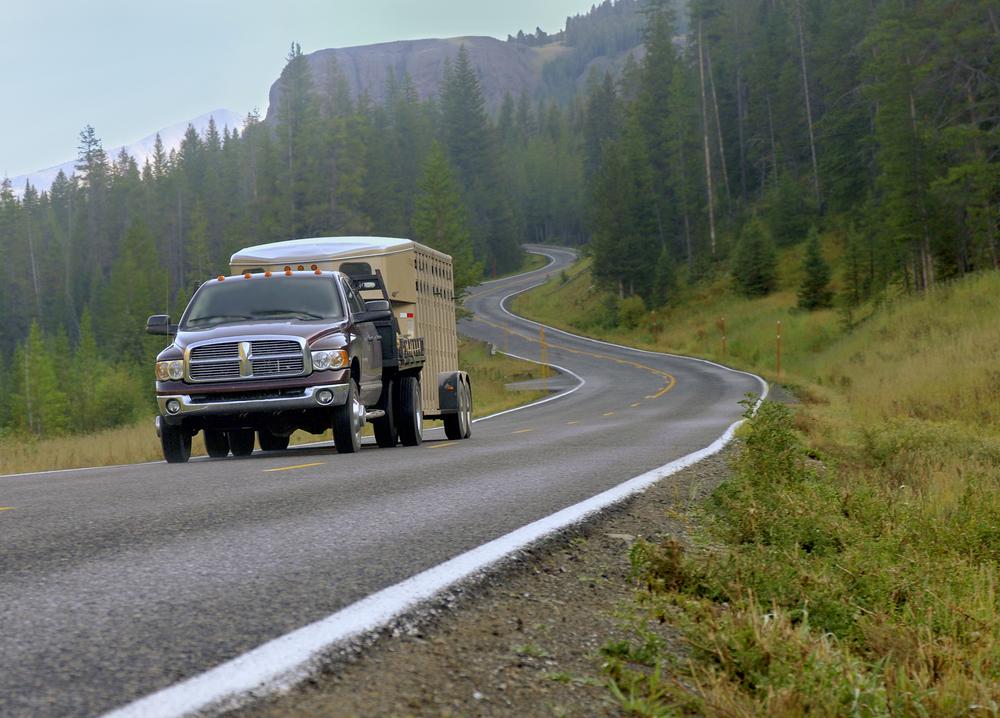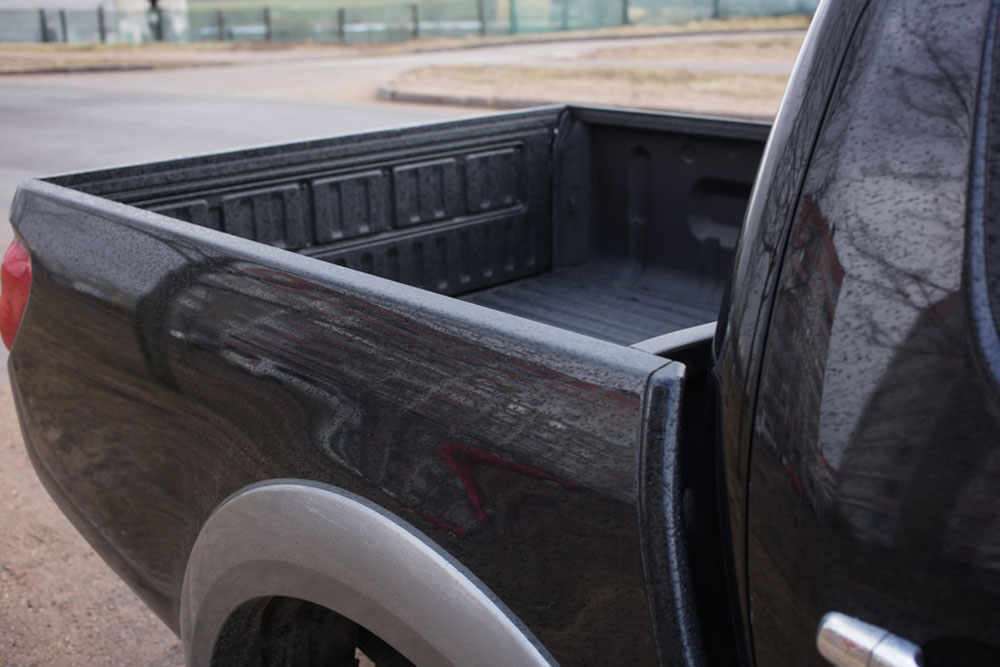Choosing Between Cargo Vans and Pickup Trucks for Business Operations: A Comprehensive Guide
This comprehensive guide compares cargo vans and pickup trucks, highlighting their features, advantages, and suitability for various business needs. It covers recent innovations, security features, organizational benefits, and operational considerations to help business owners make informed vehicle choices for efficient and secure transportation.

Choosing Between Cargo Vans and Pickup Trucks for Business Operations: A Comprehensive Guide
In the realm of commercial transportation, selecting the right vehicle is crucial for efficiency, security, and operational success. For decades, pickup trucks have been the preferred choice among small to medium-sized businesses, providing ruggedness and versatility. Yet, the evolving demands of modern businesses have led to the rise of cargo vans, which offer a range of benefits that traditional pickups might lack. Understanding the key differences, advantages, and disadvantages of these vehicle types can help business owners make informed decisions tailored to their specific needs.
Historically, pickup trucks have established a reputation as durable, reliable workhorses. Their open-bed design makes loading and unloading straightforward, and their powerful engines handle tough jobs with ease. They symbolize resilience and independence, especially popular in construction, landscaping, and delivery sectors. However, despite their advantages, pickup trucks come with limitations that can hamper efficiency, security, and organization—factors that are increasingly important in today's fast-paced business environment.
Conversely, cargo vans, once considered secondary options due to their limited variety and outdated designs, have seen significant innovations in recent years. Leading manufacturers such as Ford, Mercedes-Benz, Nissan, and Ram have invested heavily in designing modern, flexible, and efficient cargo vans. Models like the Ford Transit, Nissan NV, Mercedes Sprinter, and Ram ProMaster are now equipped with features that rival and often surpass those of traditional pickup trucks.
One of the pivotal advantages of cargo vans over pickups is their enclosed and secure structure. This not only shields valuable tools and cargo from weather-related damage but also enhances security against theft. It is reassuring for business owners who transport expensive equipment or sensitive materials. Moreover, modern cargo vans are designed with smart organizational features, including customizable shelving, compartments, and load management systems, leading to improved efficiency and safety during operations.
In addition to security and organization, cargo vans offer better aerodynamics and fuel efficiency than many pickup trucks, especially those with larger engines. This operational cost saving can be significant over time. Furthermore, the enclosed design of cargo vans provides a professional appearance and brand visibility, which can improve customer perception and marketing efforts. For businesses that rely on frequent deliveries, service calls, or transportation of delicate goods, cargo vans provide a practical, versatile solution.
While pickup trucks maintain advantages in rough terrain capability and towing capacity, cargo vans excel in urban, suburban, and medium-range operations where security, organization, and weather resistance are priorities. The choice ultimately depends on the specific nature of the business, cargo requirements, and operational environment.
In conclusion, the decision between choosing a cargo van or a pickup truck hinges on a company's unique needs and logistical considerations. Pickup trucks remain ideal for rugged, outdoor jobs requiring towing and off-road capabilities. In contrast, cargo vans offer a secure, organized, and weatherproof environment for daily operations, making them increasingly popular among modern enterprises. Evaluating factors such as cargo size, security, climate, cost, and operational scope can guide businesses toward the most suitable vehicle type, ensuring greater efficiency, safety, and overall value.
As vehicle technology continues to evolve, so do the options available to business owners. The key is to choose a vehicle that aligns with your operational demands, budget, and growth plans, ultimately supporting your business's success in a competitive marketplace.





